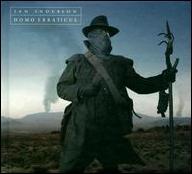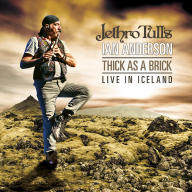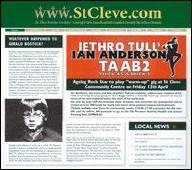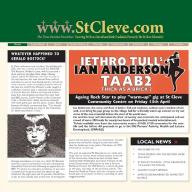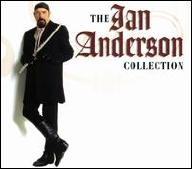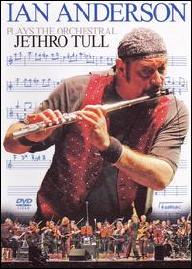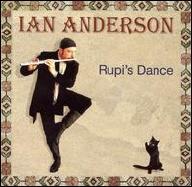Ian Anderson
from Dunfermline, Fife, Scotland
August 10, 1947 (age 78)
Biography
Probably best known as the lead vocalist, flutist, and guitarist in the progressive folk-rock band Jethro Tull, Ian Anderson has also released several albums under his own name. Born in Fife, Scotland, Anderson was interested in music from a young age, gaining influence from his father James' record collection of big band and jazz, as well as early rock & roll by Elvis Presley. The Anderson family later relocated to Blackpool where Ian finished his studies. In 1963, alongside his school friends, he formed the band the Blades, with Anderson on vocals and harmonica. The band went through several name and line-up changes and in 1967, in an attempt to move closer to London, the band moved to Luton. The group quickly fell apart and following a succession of dead-end jobs, Anderson realized that he "would never be as good as Eric Clapton" and decided to sell his electric guitar -- once owned by Lemmy from the band Motörhead -- and instead trade it for a flute. This bold move turned out to create the trademark sound for the basis of his band Jethro Tull, with Anderson learning the instrument quickly and playing in a blues-rock style. Anderson, together with Glenn Cornick (bass), Mick Abrahams (guitar), and Clive Bunker (drums), first toyed with the names Navy Blue and Bag of Blues before settling on Jethro Tull, sometimes misprinted as Jethro Toe. In 1968, the band released their debut album This Was on famous label Island Records. The album was recorded only a few months after Anderson began to play flute. It wasn't a commercial success but it did score them a residency at the Marquee club in London where Anderson would develop his iconic on-stage presence, where he would jump around in an old overcoat and stand on one leg while playing the flute. Jethro Tull went on to record many albums, with most of their success coming in the '70s from the albums Benefit (1970), Aqualung (1971), Thick as a Brick (1972), and Living in the Past (1972). Anderson has also released six solo albums under his own name, starting with 1983's "Walk Into Light," in addition to guest appearances on albums by the likes of Fairport Convention (Portmeirion) and Men Without Hats ("On Tuesday"). He also produced music for Steeleye Span's 1974 album Now We Are Six. Aside from music, Anderson's business activities included owning several salmon farms in the U.K. ~ James Pearce, Rovi
Top Tracks
Albums
Videos
Close


